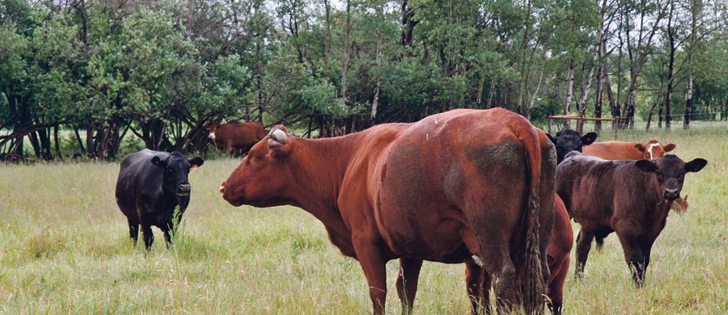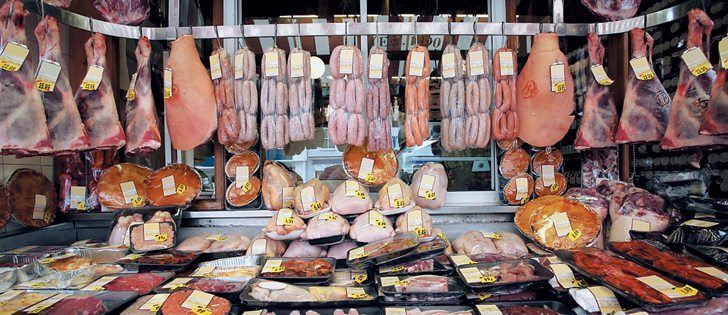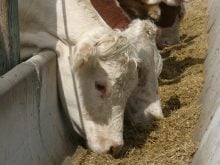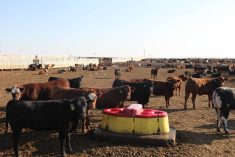April 29, 2016. It is the day that Earls, a Vancouver based restaurant chain, made an announcement that not only shook the Canadian beef industry to its core, but also solidified a stark new reality for Canadian producers — a reality that is now, more than ever, augmented by public opinion and must be adapted to if we wish to ensure the economic progression of our nation’s cattle industry.
Without any consultation with Canadian ranchers, Earls made an announcement that day to discontinue buying cattle for its locations from Canadian producers and instead source their beef from Creekstone Farms, a Kansas ranch accredited by the non-profit group Humane Farm Animal Care.
Read Also

High prices see cow-calf producers rushing to incorporate
Farm accountants are reporting a steady stream of cow-calf producers rushing to get their operations incorporated ahead of selling their calves this fall.
According to Earls president Mo Jessa, this decision was fuelled by the public’s desire for, quote “beef without antibiotics, hormones and with certification for ethical treatment.”
In fact, Earls reports that over two-thirds of their customers want to be assured, through standardized certifications, that livestock received ethical treatment from ranch to slaughterhouse.
And as it turns out, Earls is not alone: burger chains, steakhouses and grocery stores across the nation are feeling the pressure of public opinion when providing beef for their customers.
As someone who has lived in rural Alberta all his life and is surrounded by family, friends and neighbours involved in the beef industry, you can imagine my frustration.
To see someone as proud as the Canadian cattle producer provide such professional care and attention to their livestock and then be labelled as inhumane in practice and be economically punished through outsourcing is truly disheartening.
That is, until I realized exactly what the problem plaguing our nation’s beef industry is, and it all comes down to one word: certified.
A form of social licensing, certification is the bridge of trust that separates theory from fact. Unfortunately, Canada has very little standardized verification programs for sustainable and ethical beef production in place, thus putting our farmers at a disadvantage in the global marketplace.
Perhaps the most exciting aspect of the Earls fiasco was what happened on May 4, only five days after Mo Jessa initially revealed the restaurant’s outsourcing plans.
After facing an onslaught of consumer backlash and seeing restaurant sales drop nearly 30 percent overnight, Earls was forced to reverse their policy, apologize to local producers and announce plans to reintroduce Canadian beef to their menu while still working to provide a product that meets the public’s standard of excellence.
This proves that the Canadian consumer isn’t interested in just any sustainable beef, but rather desires certified sustainable beef raised right here in Canada.
And thankfully not all hope is lost in the industry’s fight for social licensing with the Canadian Roundtable for Sustainable Beef and fast food heavyweight McDonald’s leading the way.
The pair have been working toward a Canadian standardized certification program since 2014 with the McDonald’s sustainable beef pilot project and I must say — I’m Lovin It! Thanks to the information gathered during the project, the roundtable is developing a new certification framework that is set to be finalized in late 2017.
Until then, it’s up to local producers to lay a foundation for the industry to bridge the gap be-tween theory and fact by engaging the public in a conversation about what society deems as ethical and science assures us is necessary.
Because with our nation’s world class farmers as advocates, I’m confident that the Canadian cattle industry will not only survive but will thrive in this new economic environment where public opinion trumps fact and where certification is the name of the game.
Spencer Graling of St. Paul, Alta., won the senior category of the recent Canadian Young Speakers for Agriculture competition. This is his winning speech, which was edited for length.















